The solution of which of the following will be non - conducting ?
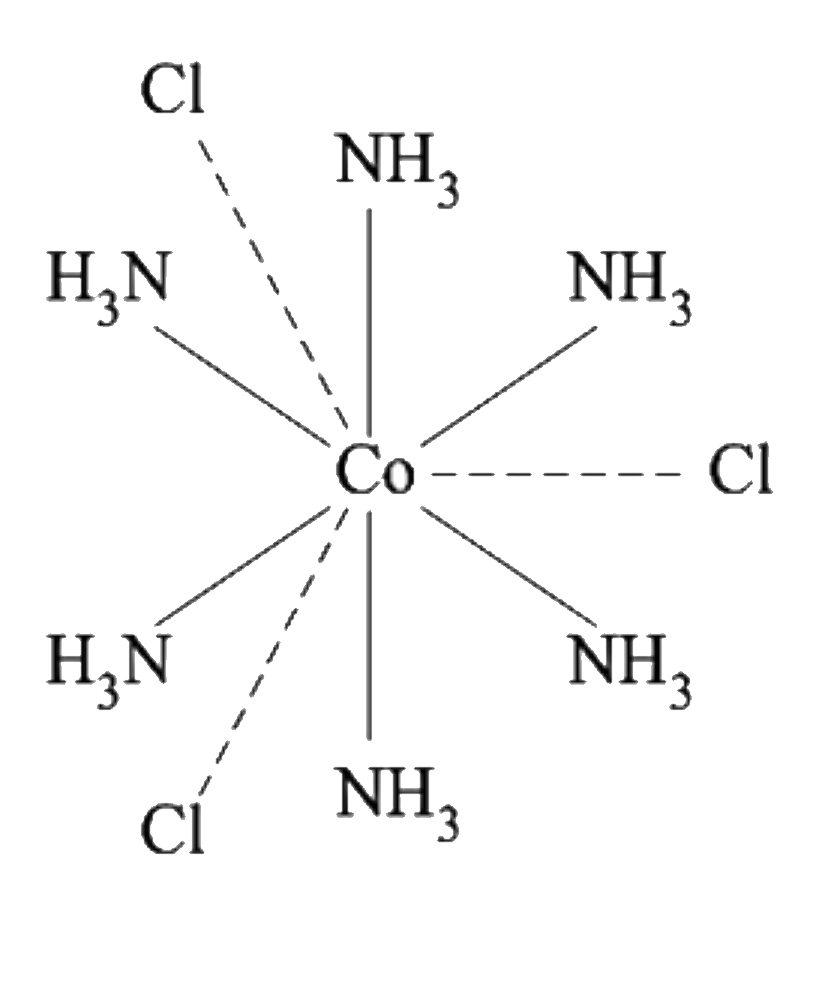
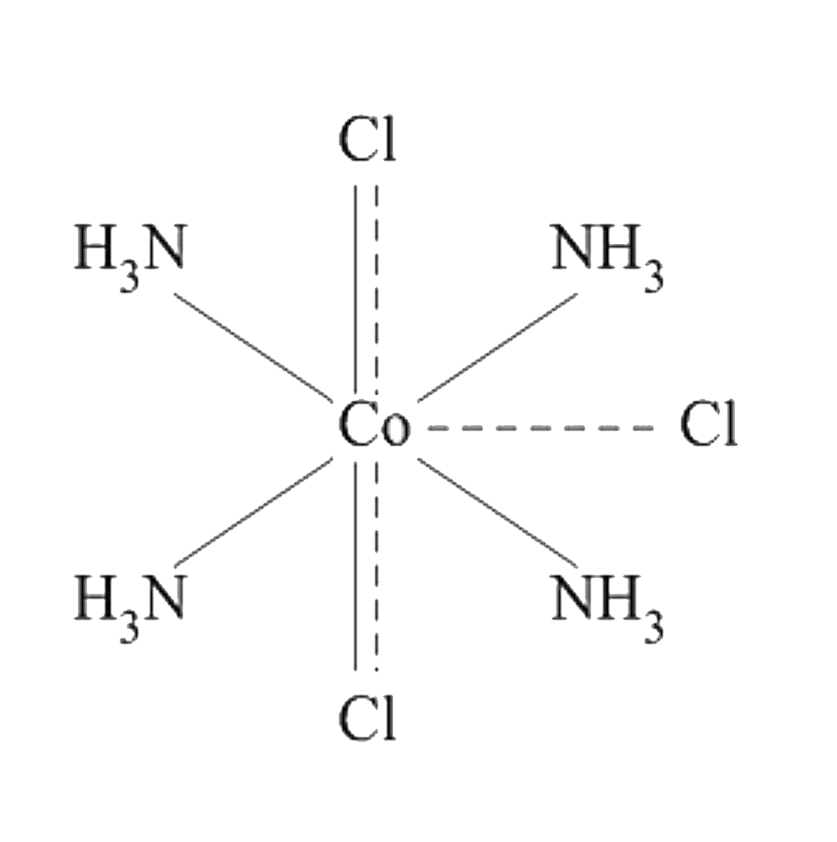
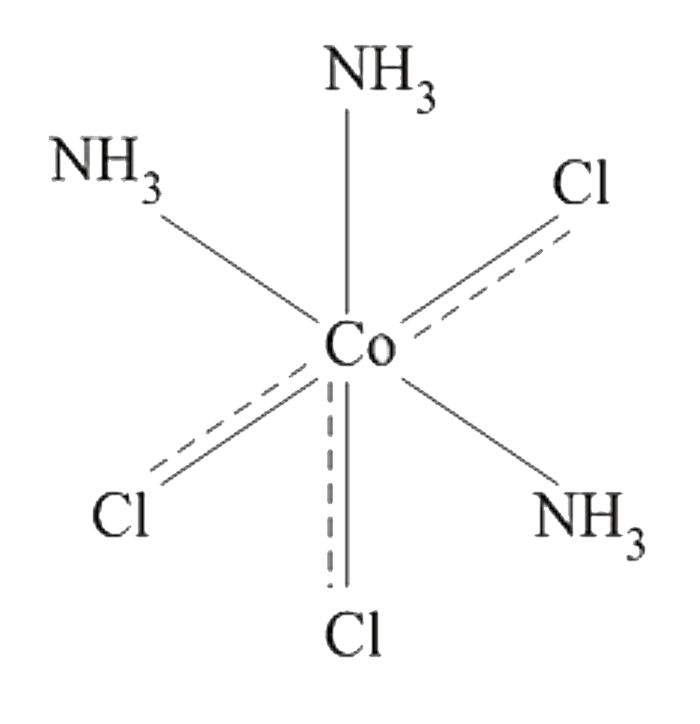
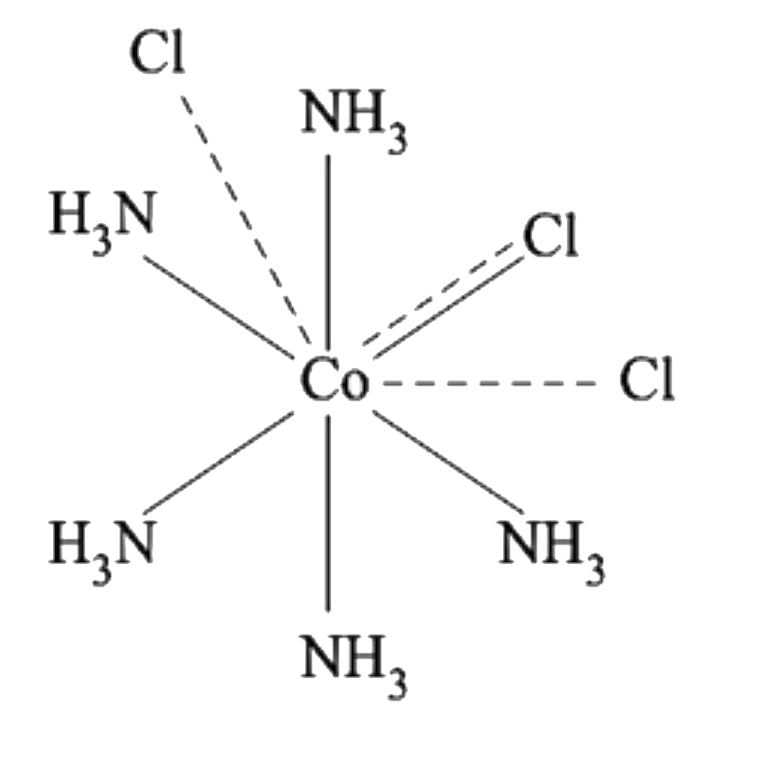
The correct Answer is:C
To determine which of the given complexes will be non-conducting, we need to analyze each complex based on its ability to dissociate into ions in solution. Conductivity in solutions is primarily due to the presence of free ions. If a compound does not dissociate into ions, it will not conduct electricity.
1. Understanding Conductivity:
- Conductivity in solutions is due to the presence of ions. If a compound dissociates into ions when dissolved, it will conduct electricity. If it does not dissociate, it will be non-conducting.
2. Identifying the Complexes:
- We have four complexes labeled A, B, C, and D. We need to analyze each one to see if they produce ions upon dissociation.
3. Analyzing Complex A:
- Complex A: Co(NH₃)₆Cl₃
- This complex has 6 ammonia (NH₃) ligands and 3 chloride (Cl⁻) ions.
- Upon dissociation, it forms Co(NH₃)₆³⁺ and 3 Cl⁻ ions.
- Conclusion: This complex will conduct electricity.
4. Analyzing Complex B:
- Complex B: Co(NH₃)₄Cl₂Cl
- This complex has 4 ammonia ligands and 2 chloride ions directly attached, with one Cl outside the coordination sphere.
- Upon dissociation, it forms Co(NH₃)₄Cl₂⁺ and Cl⁻ ions.
- Conclusion: This complex will also conduct electricity.
5. Analyzing Complex C:
- Complex C: Co(NH₃)₃Cl₃
- All ligands (3 NH₃ and 3 Cl) are directly attached to the cobalt ion.
- There are no ions that can dissociate; it remains as a neutral complex.
- Conclusion: This complex will not conduct electricity (non-conducting).
6. Analyzing Complex D:
- Complex D: Co(NH₃)₅ClCl₂
- This complex has 5 ammonia ligands and 3 chloride ions (2 directly attached and 1 outside the coordination sphere).
- Upon dissociation, it forms Co(NH₃)₅Cl₂⁺ and Cl⁻ ions.
- Conclusion: This complex will conduct electricity.
7. Final Conclusion:
- The only complex that does not dissociate into ions is Complex C (Co(NH₃)₃Cl₃). Therefore, the answer to the question is that the solution of Complex C will be non-conducting.
Answer:
The solution of Complex C (Co(NH₃)₃Cl₃) will be non-conducting.
---
- Conductivity in solutions is due to the presence of ions. If a compound dissociates into ions when dissolved, it will conduct electricity. If it does not dissociate, it will be non-conducting.
- We have four complexes labeled A, B, C, and D. We need to analyze each one to see if they produce ions upon dissociation.
- Complex A: Co(NH₃)₆Cl₃
- This complex has 6 ammonia (NH₃) ligands and 3 chloride (Cl⁻) ions.
- Upon dissociation, it forms Co(NH₃)₆³⁺ and 3 Cl⁻ ions.
- Conclusion: This complex will conduct electricity.
- Complex B: Co(NH₃)₄Cl₂Cl
- This complex has 4 ammonia ligands and 2 chloride ions directly attached, with one Cl outside the coordination sphere.
- Upon dissociation, it forms Co(NH₃)₄Cl₂⁺ and Cl⁻ ions.
- Conclusion: This complex will also conduct electricity.
- Complex C: Co(NH₃)₃Cl₃
- All ligands (3 NH₃ and 3 Cl) are directly attached to the cobalt ion.
- There are no ions that can dissociate; it remains as a neutral complex.
- Conclusion: This complex will not conduct electricity (non-conducting).
- Complex D: Co(NH₃)₅ClCl₂
- This complex has 5 ammonia ligands and 3 chloride ions (2 directly attached and 1 outside the coordination sphere).
- Upon dissociation, it forms Co(NH₃)₅Cl₂⁺ and Cl⁻ ions.
- Conclusion: This complex will conduct electricity.
- The only complex that does not dissociate into ions is Complex C (Co(NH₃)₃Cl₃). Therefore, the answer to the question is that the solution of Complex C will be non-conducting.
The solution of Complex C (Co(NH₃)₃Cl₃) will be non-conducting.
Similar Questions
Knowledge Check
Which of the following is a non-metal ?
AGalliumBIndiumCBoronDAluminiumWhich of the following is non-reducing sugar ?
AGlucoseBSucroseCMaltoseDLactoseWhich of the following is a non-electrolyte?
AHClBAcetic acidCKeroseneDNaCI
Which of the following will form non-ideal solution?
View SolutionWhich of the following is non-linear ?
View SolutionWhich of the following is a non metallic conductor
View SolutionWhich of the following is/are non-reducing sugars?
View SolutionWhich of the following are non-reducing sugars -
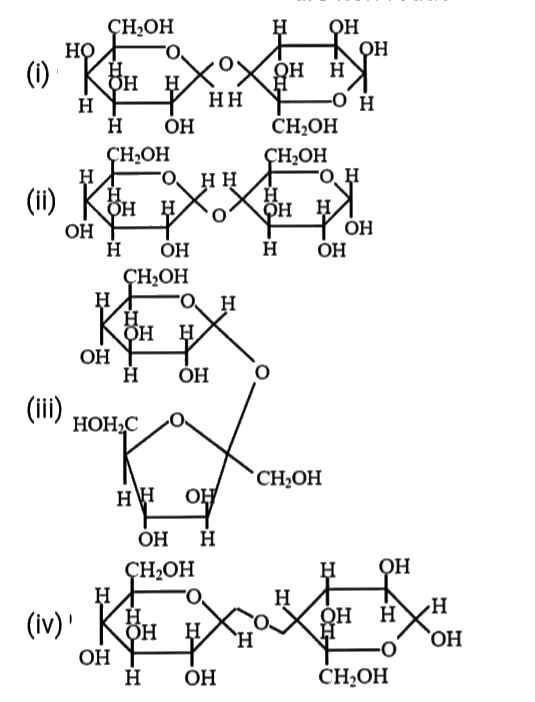
View Solution
